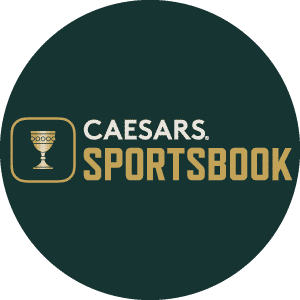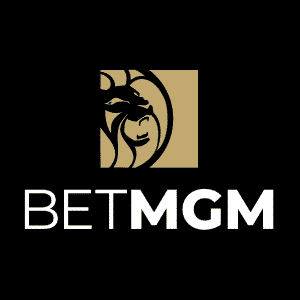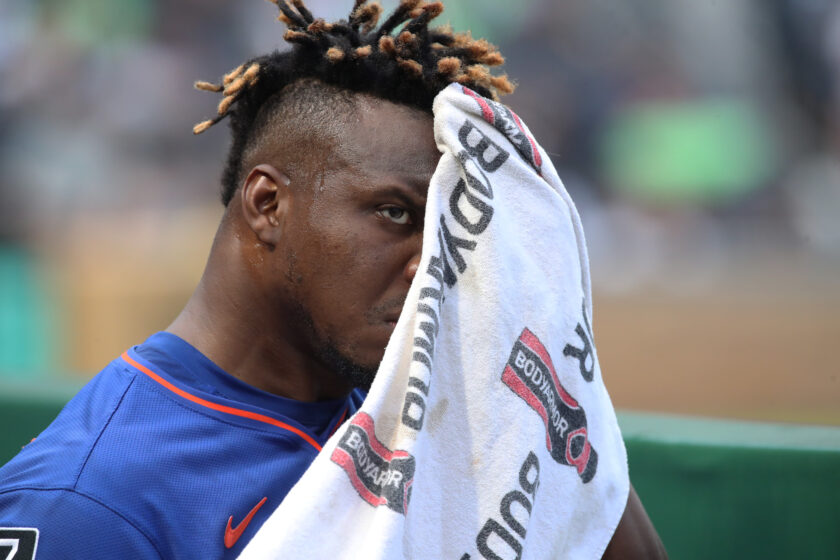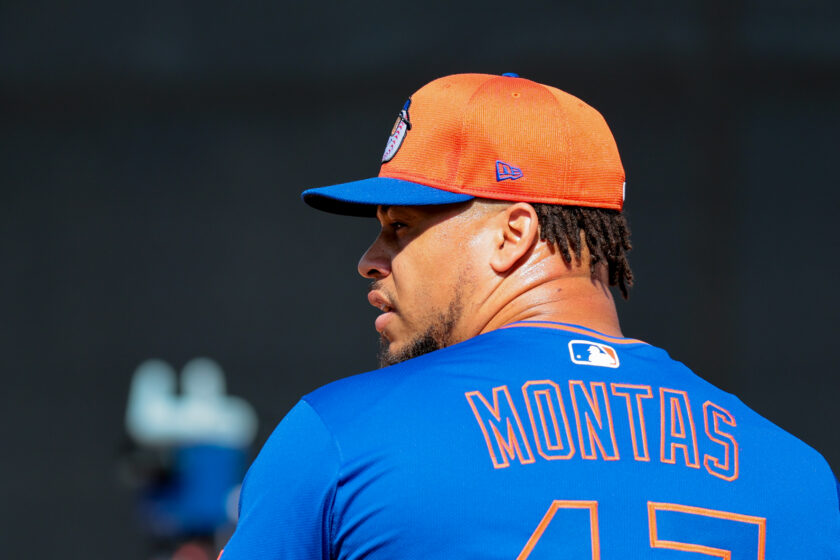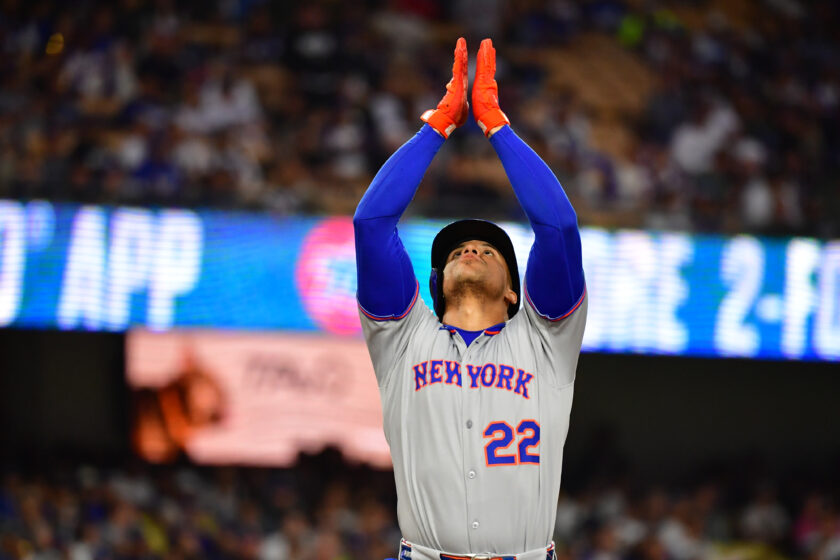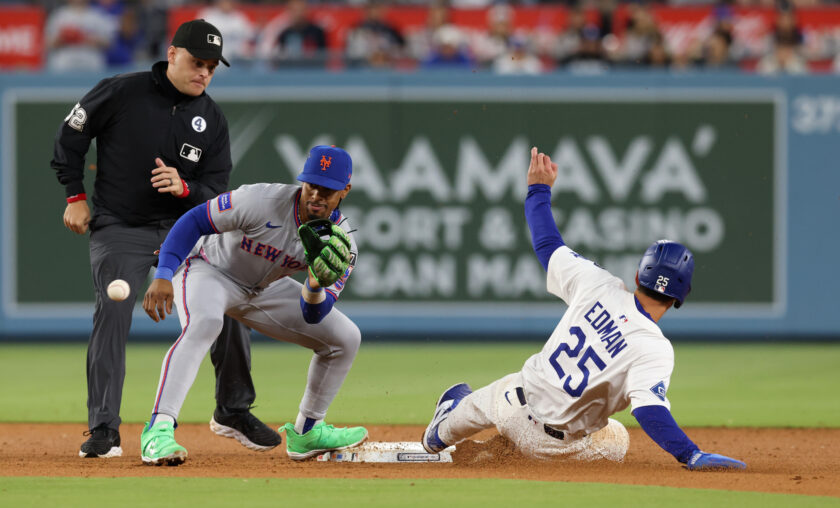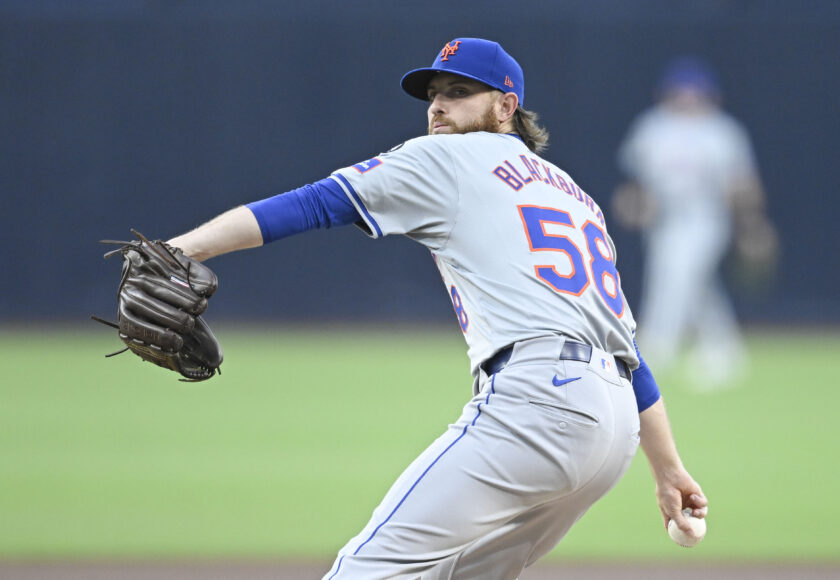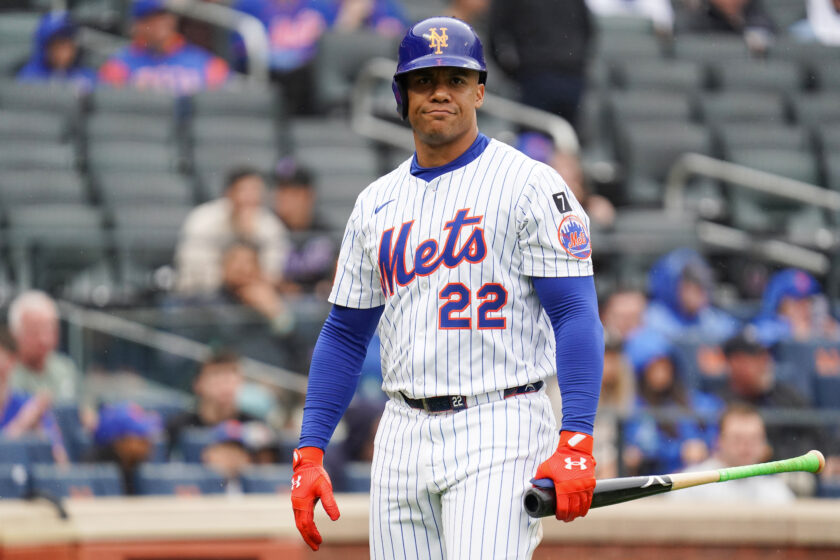Who’s missing from the National Baseball Hall of Fame?
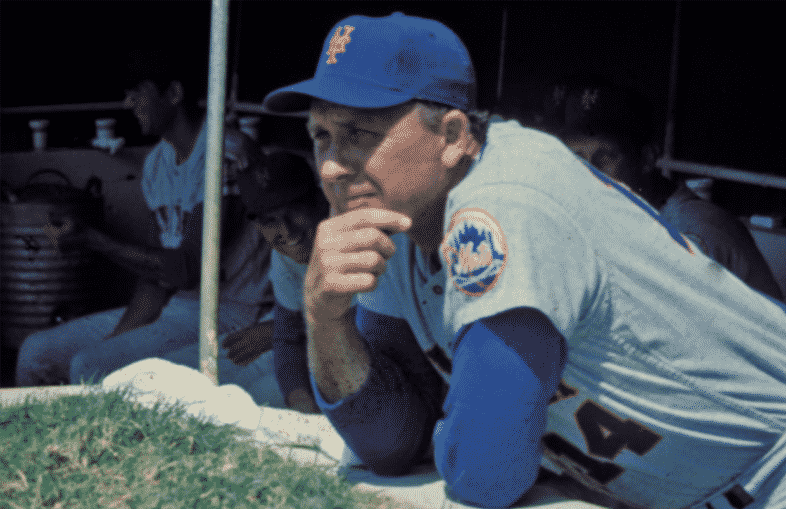
Committees will reconsider players from two eras — including the Negro Leagues — this winter.
This winter, the National Baseball Hall of Fame will have two committees discuss the candidacy of individuals from two time periods of baseball.
The Early Baseball Era Committee will consider contributions to baseball prior to 1950. The Golden Days Era Committee will examine resumes of individuals whose greatest contributions came between 1950 and 1969.
And, according to the announcement from the Hall, “as part of the Early Baseball Era Committee process, Negro Leagues and pre-Negro Leagues candidates will be eligible for Hall of Fame consideration for the first time since the landmark 2006 Special Committee on Negro Leagues.”
This got us thinking: who isn’t already inducted into the National Baseball Hall of Fame who should have been a long time ago?
For the sake of this conversation, we’re going to focus on three players who will be considered by the Golden Days Era Committee (1950-69).
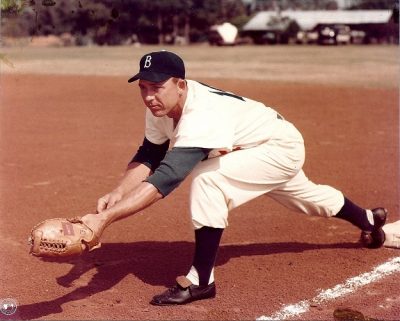
Gil Hodges, 1B/OF
1943, 1947-63
Brooklyn/Los Angeles Dodgers, New York Mets
8-time All-Star, 3 Gold Glove Awards, 2-time World Series Champion
Hodges played the bulk of his career in New York. He made his debut in 1943 with the Brooklyn Dodgers but missed the 1944, ’45 and ’46 seasons because of military service.
When he came back, Hodges quickly established himself as the premier defensive first baseman in baseball. You may look at “only” three Gold Glove Awards and scoff, but those were the first three years the award was given.
Between 1950-60, Hodges averaged 29 home runs and 94 home runs per season and posted a 127 OPS+. Hodges ranked second in both home runs and runs batted among National League batters during the 1950s. At the time of his retirement, he was tenth on the all-time home run list and ranked second among right-handed batters.
Hodges finished his playing career with the Mets and then finished his managing career with the organization as well, serving as the manager for the Amazin’ Mets from 1968-71 — including the incredible 1969 World Series championship.
Unfortunately, Hodges died in 1972 at age 47.
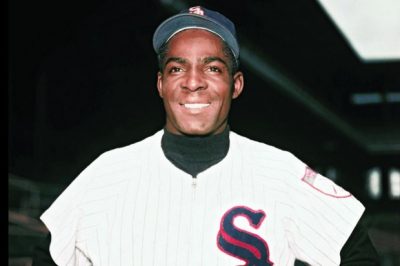
Minnie Miñoso, OF/3B
1946-48 — New York Cubans (Negro Leagues)
1949, 1951-64, 1976, 1980
Cleveland Indians, Chicago White Sox, St. Louis Cardinals, Washington Senators
13-time All-Star, 3 Gold Glove Awards, 1947 Negro Leagues championship
Miñoso’s professional career in the United States began with the New York Cubans in the Negro Leagues, where he won a championship. “The Cuban Comet” was one of the first players to integrate Major League Baseball, breaking in with Cleveland in 1949.
Between 1951-60, he slashed .307/.397/.476 with a 136 OPS+. Miñoso averaged 99 runs scored and 90 RBI over those seasons as well.
Chris Bodig makes an strong case for Miñoso’s candidacy on Cooperstown Cred. Racism played a huge role in his career and the votes he didn’t receive when he was on the ballot for 15 years. He is still revered as one of the all-time great Cuban-born players and Cuban players today still respect his legacy, especially on the South Side of Chicago.
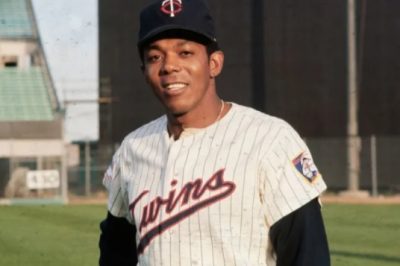
Tony Oliva, OF
1962-76
Minnesota Twins
1964 AL Rookie of the Year, 3-time batting champion, 8-time All-Star, one Gold Glove Award
Oliva may not get full consideration by the committee this year because he only played six full seasons in the window they’re recognizing, but Oliva’s complete body of work has been worthy of a place in the National Baseball Hall of Fame for far too long.
Like Miñoso, Oliva was born in Cuba. His path to the big leagues was paved by players like Miñoso fighting through the color barrier in the 1950s. That is not to say it was easy by any means for Oliva, however.
To say he burst on the scene would be an understatement; he won the AL batting title and led the league in runs, hits, doubles and total bases (374) in his Rookie of the Year campaign in 1974.
Between 1964-69 (the years the committee will consider primarily), Oliva led the American League in hits four times, doubles three times, batting average twice and runs scored once. During that window, Oliva averaged 181 hits, 22 homers and 88 RBI per season with a .858 OPS and 139 OPS+.
Oliva finished his 15-year career with a .304 batting average.
- DRAFTKINGS SPORTSBOOK
BET $5 & GET $150 IN BONUS BETS INSTANTLY!
- FANDUEL SPORTSBOOK
BET $5, GET $150 BONUS!
- CAESARS SPORTSBOOK
$1,000 BET ON CAESARS!
- BETMGM SPORTSBOOK
BET $5, GET $158 BONUS!
- BET365
GET $150 BONUS OR $2,000 FIRST-BET SAFETY NET!
Tab has written about MLB, the NHL and the NFL for more than a decade for publications including The Fourth Period, Bleacher Report and La Vida Baseball. He is the author of two books about the Chicago Blackhawks and has been credentialed for the MLB All-Star Game and postseason and multiple Stanley Cup Finals. He is the co-host of the Line Drive Radio podcast.



